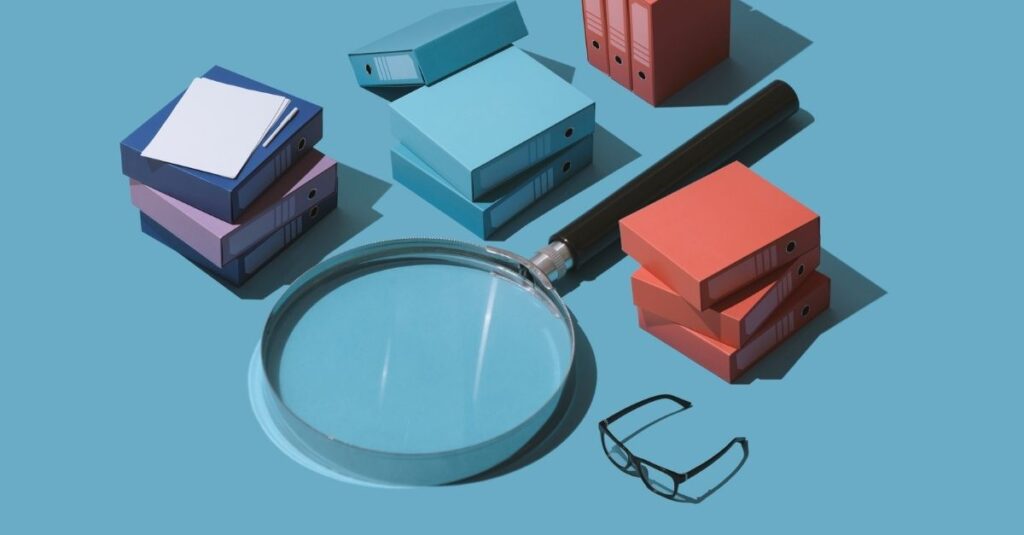Table of Contents
How an IoT database differs from the traditional databases? It is essential to understand what criteria the databases need to fulfill to handle the challenges an IoT-based application has to fulfill. IoT now presents a custom set of requirements for the database management systems to meet to ensure optimum performance, which includes data ingestion at real-time, processing events at the same pace as they stream in, and securing a larger volume of IoT devices and data than ever before.
At the same time, IoT also imposes the challenges of fewer data quality and some integrity constraints. Say, for example, a given application that collects data from all the fleet vehicles may afford data loss for a few minutes in between but still may monitor the vehicle movement and capacities. But in some other cases, this break in data inflow may adversely affect the entire process.
Even though the IoT sensors will generate data rapidly, they may not fully entail the same transaction types in traditional enterprise applications. This reduced the need for consistency, atomicity, isolation, and durability in transactions.To find the apt IoT DB for handling your IoT data and its various requirements, and organizations should put aside the preconceptions in designing the database applications for business operations.
An ideal database for any IoT application should be highly scalable. Ideally, the IoT databases should be linearly scalable, with which adding another server to a cluster may help increase the throughput. For example, adding a server to a 10-node cluster will improve the throughput by 10%. The IoT databases can ideally be distributed unless an application can collect only a limited amount of data that may not substantiallygrow. Distributed databases can run on commodity hardware and can also scale up by adding more servers instead of replacing a server to add a larger one. The distributed databases may be well-suited for the IaaSclouds since it is comparatively easy to add or remove servers in the cluster as and when needed.
Ensure high availability in terms of writes for an IoT database, which can be achieved through a distributed messaging system like Amazon Kinesis, Apache Kafka, etc. All these systems help accept the writes in high volume and persistently store the same in a publish-and-subscribe type of system. Suppose the server goes down or writes volume is too high for the distributed database to handle in real-time. In that case, data can be stored in the messaging system until the database processes all data backlogs or additional nodes added to the database cluster. To ensure high availability and zero downtime, you may rely on remote administration services like RemoteDBA.com.
The IoT databases need to largely fault-tolerant also along with being highly available. If any node of the database cluster goes down, then the DB should still accept the read and write queries. Distributed DBs make many copies of the same data and also write them to different servers. If one or a couple of servers that stores the particular data fails, then any other server in the node that stores the data’s replica will respond to the query. Similarly, write requests can also be handle in various ways. For example, if a server that accepts a write request goes down, then another node in the server can accept the request and forward it to the target server when it is restored. This is so crucial in terms of IoT applications.
IoT databases should also be very flexible as needed by the application. NoSQL databases like the document-based, key-value based, and column-family based, etc., can easily accommodate various types and structures of data without any predefined format or schemas. The NoSQL DBs are good to consider while an organization needs to handle multiple types of data and these types tend to change over time. In other cases, the applications that collect a fixed data set of data like weather data may work better on the conventional relational database model. In-memory SQL relational databases like PostgreSQL and MemSQL etc. offer this feature.
Identifying IoT DB needs
Organizations should keep the four primary considerations in mind while choosing a database as below.Scalability
High availability
Fault tolerance
Flexibility



